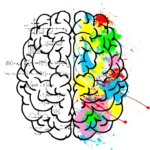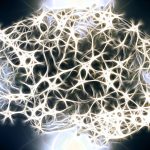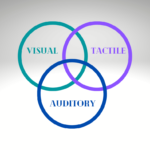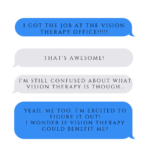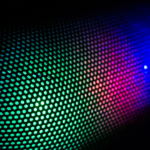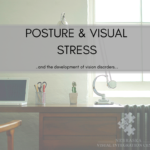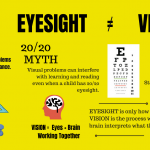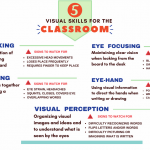We first noticed that Graham with having issues with his vision around the age of 4.
He was extra cautious walking up-and-down the stairs. He would grasp the handrail and take his time step-by-step. We were puzzled as to why he did this.
Another thing we noticed was his hesitation when he attempted to ride his bike. He wanted to learn how to ride it. He was willing and eager, but every time he attempted it he would have to stop. Ut was almost like something was in the way for him to continue trying.
After almost a year of Vision Therapy with Dr. Gates and staff, Graham started showing signs of improvement. He suddenly was able to run up-and-down stairs with zero hesitation. He was enjoying not only throwing, but aiming and catching balls for various sports. His confidence improved and we watched him explore his world once again with his natural curiosity and greater ease.
He learned how to ride his two wheeler bike within 5 days. This was an amazing accomplishment considering the numerous unsuccessful attempts in the past. We’ve also noticed the his school test scores have gone up significantly since his vision has improved.
Vision Therapy has helped Graham not only see better, but has enabled him to do the things that most young boys do naturally with greater confidence. He flies along in life now. We don’t see hesitations any more. Vision Therapy has made a tremendous positive changing impact on Graham’s vision. We highly recommend dedicating the time and patience for vision therapy to anyone who needs it.












